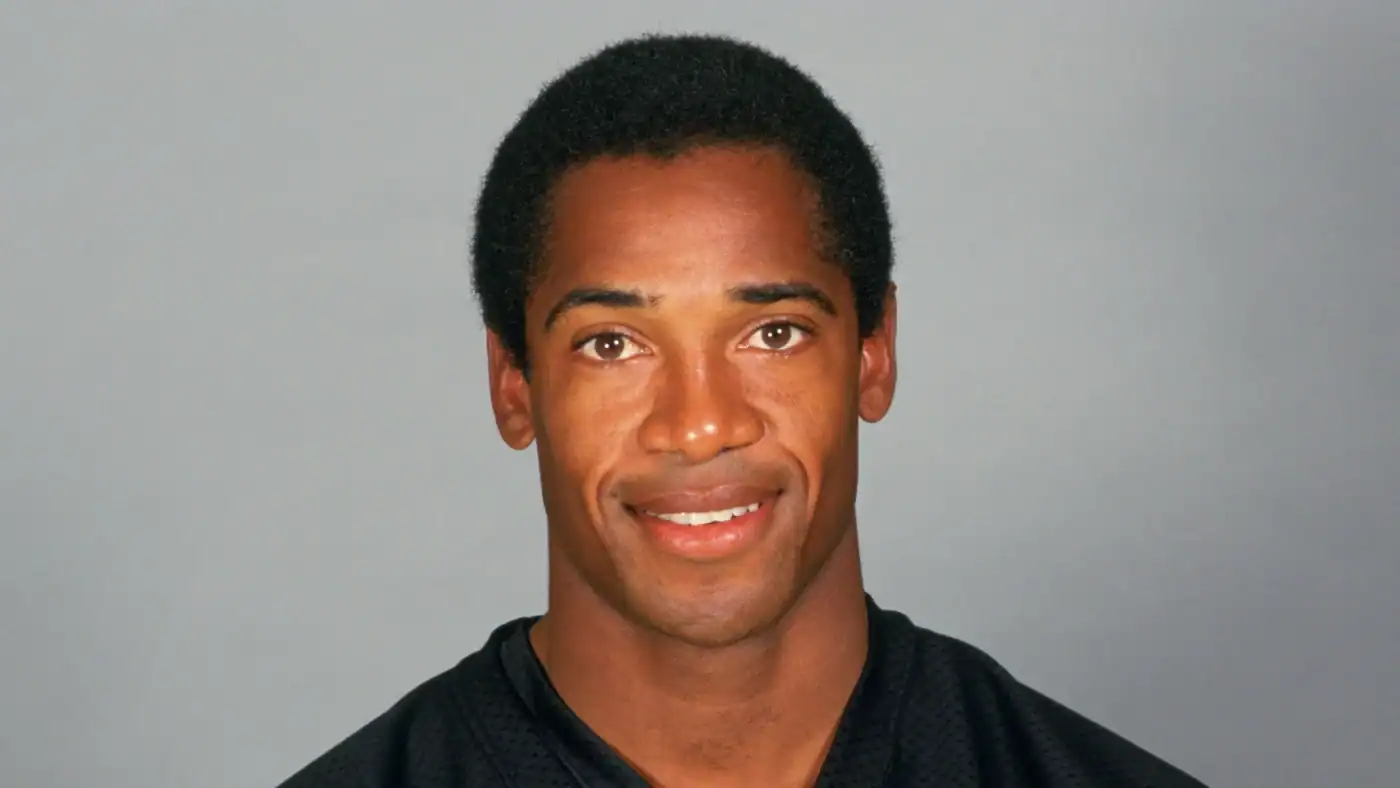Mike Haynes at a Glance
- Net Worth: $6 Million
- Birthdate: July 1, 1953
- Birthplace: Denison, Texas, USA
- Nationality: American
- Profession: Former NFL Cornerback
Table of Contents
What is Mike Haynes’ Net Worth?
Mike Haynes has a net worth of $6 million. While he is widely celebrated as one of the greatest cornerbacks in NFL history, the bulk of his financial stability stems from his successful transition into corporate executive roles following his retirement from professional football. Unlike modern athletes who secure massive multi-million dollar contracts, players in the 1970s and 1980s earned significantly modest salaries, making post-career business acumen essential for long-term wealth.
Haynes built his fortune through a combination of his NFL pension, high-level executive positions, and business consulting. After hanging up his cleats, he did not rely solely on his football legacy; instead, he climbed the corporate ladder at major organizations like Callaway Golf and the National Football League itself. His ability to leverage his sports background into business development and licensing deals has been the primary driver of his current financial standing.
Early Life
Mike Haynes was born in Denison, Texas, but his formative years were spent in Los Angeles, California. He attended John Marshall High School, where his athletic potential became undeniable. His performance on the field earned him attention from top college programs across the country.
He chose to attend Arizona State University (ASU), where he played under the legendary head coach Frank Kush. At ASU, Haynes was a standout athlete, dominating as a defensive back and a return specialist. His college career was illustrious; he was a three-time All-WAC selection and a two-time All-American. His dominance at the collegiate level cemented his status as a top-tier prospect, leading directly to his high selection in the NFL Draft.
Career
Mike Haynes’ professional journey began when the New England Patriots selected him with the fifth overall pick in the 1976 NFL Draft. He made an immediate impact, recording eight interceptions in his first year and earning the NFL Defensive Rookie of the Year award. During his time with New England, he established himself as a premier shutdown corner and a dangerous punt returner, earning six Pro Bowl selections while wearing the Patriots uniform.
Despite his success in New England, financial disputes regarding his contract led to a holdout that changed the trajectory of his career. In 1983, a settlement was reached involving a trade to the Los Angeles Raiders. This move is often cited by sports historians as a pivotal moment for player movement and contract negotiations in the NFL.
Joining the Raiders allowed Haynes to pair with fellow cornerback Lester Hayes, forming one of the most feared defensive back duos in league history. The partnership paid off immediately. In Super Bowl XVIII, Haynes and the Raiders defense stifled the Washington Redskins’ high-powered offense, securing a 38-9 victory. Haynes recorded an interception and a pass breakup in the game, earning his first and only Super Bowl ring.
Haynes retired after the 1989 season with 46 career interceptions and 112 punt returns. His dominance on the field was formally recognized in 1997 when he was inducted into the Pro Football Hall of Fame. In 1994, he was named to the NFL’s 75th Anniversary All-Time Team, and later, the NFL 100th Anniversary All-Time Team, validating his reputation as one of the best to ever play the position.
Personal Life
Mike Haynes currently resides in California with his wife, Lucretia. His life away from football took a serious turn in 2008 when he was diagnosed with prostate cancer. The diagnosis came after a routine screening conducted by the NFL Player Care Foundation.
Haynes credits this early detection with saving his life. Following his successful treatment, he dedicated himself to raising awareness about the disease. He works tirelessly to encourage men to undergo regular screenings, using his platform to destigmatize the conversation around men’s health. This advocacy has become a central pillar of his post-retirement life, arguably impacting as many lives as his football career entertained.




